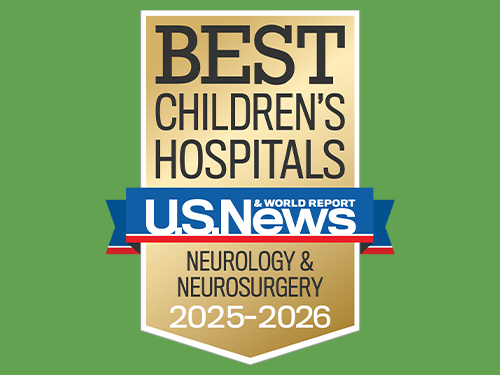What Is a Concussion?
A term derived from two Latin words that mean ‘shake violently’ and ‘strike together’ – concutere and concussus – the concussion is the most common type of traumatic brain injury.
A concussion is a complex condition of the brain caused by a variety of abnormal physiological events that occur when a head injury or impact temporarily prevents the brain from functioning correctly. The impairment may be so mild as to be disregarded by the patient, parent or other observers. Persistent subtle complaints or symptoms should be referred for medical evaluation.
The incidence of head injuries including concussion for which patients seek care in emergency departments in the United States doubled between 2001 and 2010. The largest increase during this period was in the birth-to-4 age group, where the incidence was 2,200 patients per 100,000 people.
What Are the Causes and Symptoms of Concussions?
Any blow to the head is sufficient to cause a concussion. Given the high level of children’s activity – from routine play to organized sports – parents should remain aware of the potential for concussion at any time. Any fall or trivial bump to the head, if accompanied by symptoms, may indicate a concussion.
Symptoms may include changes in behavior or eating habits, headache, nausea (with or without vomiting), avoidance of bright light, irritability, weakness in the arms or legs, and, most of all, a general observation that the child is not his or her “same old self.”
How Are Concussions Diagnosed?
A concussion diagnosis begins with a history or suspected history of head injury combined with a variety of possible symptoms that may be associated with the condition. A concussion may not be associated with an abnormality on imaging studies such as CT scans or MRI scans. A patient with a suspected concussion should be evaluated by the pediatrician or primary care physician. If there is further concern, a team of head injury specialists, including a pediatric neurosurgeon or pediatric neurologist, should assess the patient to determine the extent of the injury, direct further follow-up testing if needed and alleviate parent concerns.
How Are Concussions Treated?
Most concussions require no intervention. For a simple concussion, follow-up with a primary care physician is usually sufficient. Careful observation and management of mild symptoms for a brief period is usually enough for recovery. This includes rest, avoiding activities that might result in another head injury, and a few days away from the stress of school.
If these measures are unsuccessful in alleviating mild complaints, or if symptoms worsen, reassessment by physicians who are experienced with head injury evaluation is necessary.
Evaluation by a specialist might include a CT scan, MRI or one of a variety of other tests to exclude brain injury that might predict a longer course of recovery. The physician may prescribe a variety of appropriate short-term medications to alleviate the symptoms. Because in rare circumstances, apparently trivial head injury can result in major complications such as seizures, blood clot or stroke, establishing a clear understanding of the injury is imperative for optimal outcomes.
Children’s Memorial Hermann Hospital begins with evaluation by an affiliated pediatric neurosurgeon or neurologist, with further intervention as necessary by neuropsychologists, physical and occupational therapists, speech therapists and psychiatrists. This multidisciplinary specialty approach can help prevent a vicious cycle of frustration and failure for the patient and parents affected by more complex concussive injuries.
What Are the Long-Term Effects of Concussion?
The majority of patients have no recognized the long-term effects after a single concussion. Because the major problem in concussive injury is the risk of repetitive trauma to the brain, it is best to avoid a repeat head injury. Data shows that repetitive injury within a short timeframe can result in seizures, school performance issues, personality changes, weakness or physical problems, persistent headache and visual changes.
What Research Is Being Conducted on Concussive Injuries?
Professional sports in recent years have drawn attention to the problem of concussion. The National Football League has taken significant steps to advocate the advancement of head injury research. The concept of the severity of the impact, importance of repetitive injury, genetic factors, player age and cellular changes in the brain are all topics of research at neuroscience institutes in many medical centers around the world. Determining those at risk is a major challenge, but this far-reaching research may have an impact on other sports such as soccer, hockey, boxing, or any activity that involves risk of head injury.
Contact Us
If you have any questions, use the online tool below to help us connect with you. To refer a patient or schedule an appointment, please contact our clinic using the information below.
- Pediatric Stroke Clinic
UT Professional Building
6410 Fannin, Suite 500
Houston, TX 77030
P: (713) 500-7164 - Pediatric Neurosurgery Clinic
6410 Fannin Street, Suite 950
Houston, TX 77030
P: (832) 325-7234 - UTHealth Houston Gulf State Hemophilia and Thrombophilia Center
6655 Travis Street, Suite 100
Houston, TX 77030
P: (832) 325-7242
To contact Children's Memorial Hermann Hospital, please fill out the form below.
